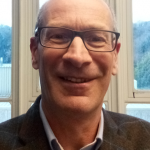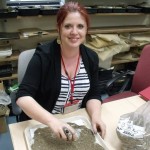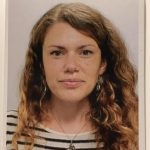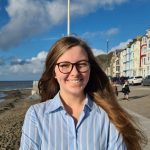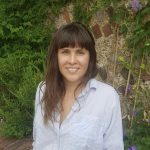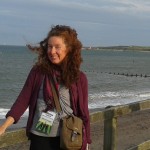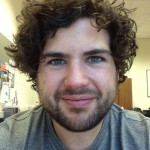
Research Topic:
Urban Acupuncture in South Wales- Pinprick Solutions for Urban Regeneration
Research Supervisor:
Dr Richard Smith, Dr Kevin Rees, Dr Ben Reynolds
My research looks to explore the concept of ‘urban acupuncture’ or small-scale pinprick interventions in urban space in “pressure” points around the urban environment. With the long-lasting impacts of digitalization on consumer and working habits accelerated by COVID-19 (Nanda et al., 2021) austerity cuts (Tonkiss, 2013), and climate change, municipalities and local authorities across the world are now, more than ever, attempting to explore and test new urban regeneration strategies in order to harness urban vitality and well-being. In a new attempt to bring life back into the urban cores, cities are exploring the use of ‘urban acupuncture’ or pinprick, local solutions to regenerate their city anew.
In recent years, small-scale initiatives taken at the local scale have been viewed as an affordable tool to regenerate urban areas and communities, along with having other social, economic, and environmental benefits. In a new attempt to bring life back into the urban cores, urban professionals, community groups, and activists are exploring the use of ‘urban acupuncture’, best defined as a “hyperlocalized healing treatment through place activation to enliven and recreate cities” (Houghton et al., 2015).
My research will survey the types of, and critically assess the impact of, small-scale urban regeneration strategies and practices in Swansea and other cities across South Wales to ascertain the limits and problems with extant initiatives and consequently suggest new initiatives and approaches, drawing on examples from cities around the world for transforming the cities of South Wales.
Alongside the collaborating partner Urban Foundry Ltd., a urban regeneration organization working in the South Welsh context, I hope this research puts a magnifying glass on avenues and challenges for small-scale and local urban regeneration in South Wales, along with exploring how the Welsh government can enable these initiatives to re-inject life back into the city, along with exploring the possible benefits to strategic approaches.
In my previous research in Stockholm, Sweden, I co-created the Fluke research project, where we designed playful democratic co-design experiments exploring how public space could be re-imagined. Overall, my interests float around decentralized planning, local community initiatives, placemaking and public space vitalization, urban play, and how post-industrial cities can flourish.
Sources:
Houghton, K., Foth, M., & Miller, E. (2015). Urban Acupuncture: Hybrid Social and Technological Practices for Hyperlocal Placemaking. Journal of Urban Technology, 22(3), 3–19. https://doi.org/10.1080/10630732.2015.1040290
Nanda, A., Xu, Y., & Zhang, F. (2021). How would the COVID-19 pandemic reshape retail real estate and high streets through acceleration of E-commerce and digitalization? Journal of Urban Management, 10(2), 110–124. https://doi.org/10.1016/j.jum.2021.04.001
Tonkiss, F. (2013). Austerity urbanism and the makeshift city. City, 17(3), 312–324.
https://doi.org/10.1080/13604813.2013.795332










